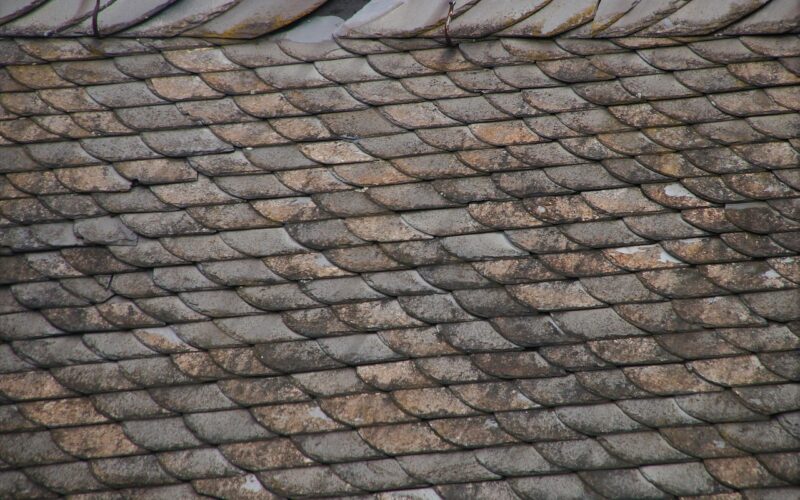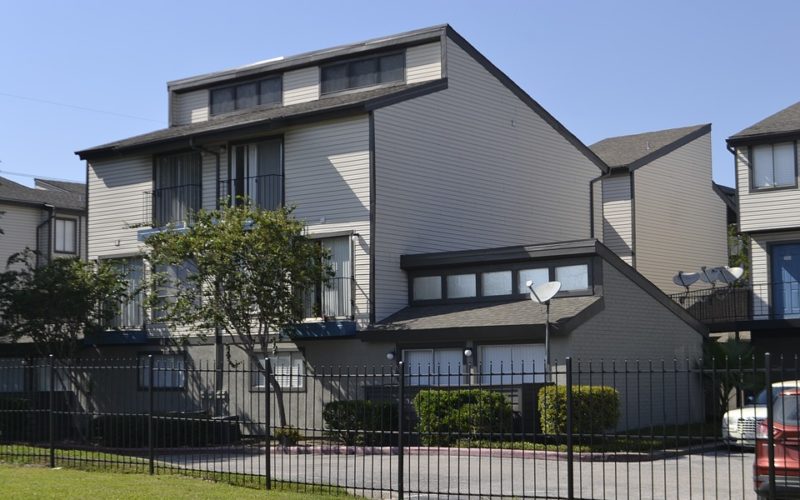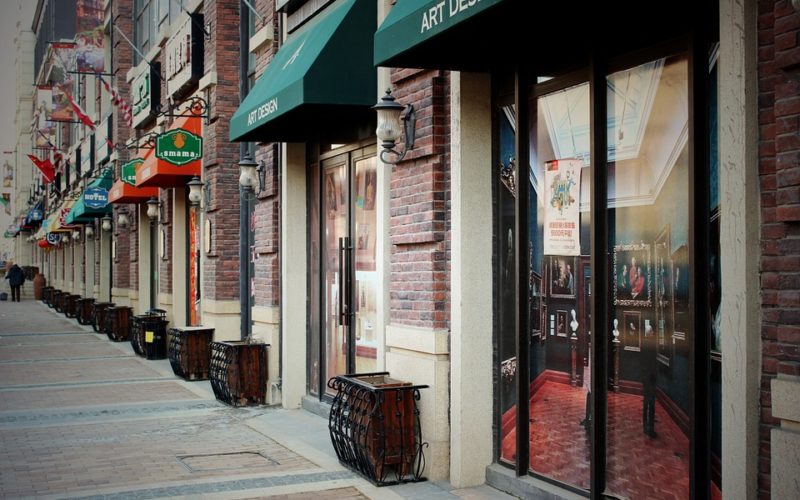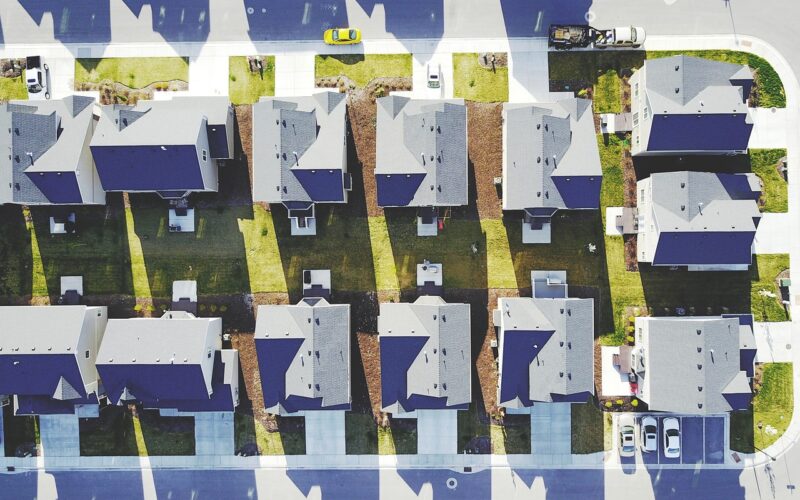Roof Replacement vs. Repair
Making the call between repairing or replacing your roof is a significant decision for any homeowner. A roof is your home's first line of defence against the elements, and understanding its condition is crucial for protecting your investment. This choice involves balancing short-term costs against long-term value, and knowing what to look for can help you make an informed decision. Key factors like the roof's age, the extent of the damage, and your future plans for the property all play a role in determining the most effective course of action for your domestic roofing needs.
How to assess your roof's condition
Start by evaluating your roof's overall health. Age is a primary indicator; most asphalt shingle roofs last around 20-25 years, so if yours is approaching that age, a replacement may be on the horizon. Look for widespread issues such as numerous missing, cracked, or curling shingles. Small, isolated problems can often be fixed, but extensive damage suggests a more systemic failure. Check your attic for signs of water stains on the ceiling or daylight coming through the roof boards. A sagging roof deck is a serious structural concern that almost always requires a full replacement. If you find yourself constantly calling for repairs, it's often more cost-effective to invest in a full replacement rather than continuing with temporary fixes.
When to repair versus when to replace
Deciding between repairing roofs and replacing them often comes down to the scale of the problem. A simple repair is a sensible option for minor issues, such as replacing a few lost shingles after a storm or fixing a leak confined to a small area. This approach is less expensive upfront and can extend the life of an otherwise healthy roof. However, a replacement becomes the smarter choice when the damage is extensive, affecting more than 30% of the roof's surface. A new roof is also a better investment if you plan to sell your home soon, as it significantly boosts curb appeal and property value. Replacement provides an opportunity to upgrade materials and improve your home's energy efficiency.
Understanding the costs of roofing materials
The cost of a roofing project varies widely based on materials, labour, and location. Asphalt shingles are the most common and affordable option, typically ranging from £3 to £5 per square foot installed. Metal roofing is more durable and costs between £7 and £14 per square foot. Tile and slate are premium, long-lasting materials that can cost anywhere from £8 to over £22 per square foot. Prices are also influenced by your roof's pitch, its complexity, and ease of access for the crew. Labour costs can fluctuate by region, so it’s important to get quotes that break down material and installation expenses separately.
Factoring in hidden costs and long-term value
A roofing quote often doesn't tell the whole story. Be prepared for potential hidden costs that can arise once the old roofing material is removed. If the underlying decking is rotted or damaged, it will need to be replaced, adding to the total expense. Proper ventilation and flashing are also critical components that may require updating. Additionally, the cost of disposing of the old materials is sometimes billed separately. When weighing your options, also consider the warranty. A new roof typically comes with a robust manufacturer and workmanship warranty, offering peace of mind that repairs often can't match.
How to choose a contractor and get quotes
Selecting the right professional is essential for a successful project. Look for licensed and insured contractors with a proven track record in your area. Ask for references and look at their past work. It is wise to obtain at least three detailed quotes from different companies to compare. A thorough quote should itemise all costs, including materials, labour, permits, and disposal fees. Be wary of any contractor who offers a significantly lower bid without a clear explanation, as it could signal subpar materials or inexperienced labour. A reliable contractor will provide a clear contract and timeline for the work.
Ultimately, whether you repair or replace your roof depends on a careful assessment of its condition, your budget, and your long-term goals. For minor damage on a relatively new roof, a repair can be a perfectly adequate solution. For older roofs with widespread issues, a replacement offers better protection and greater value over time. The next step is to schedule a professional inspection to get an expert opinion on the best roofing solutions for your specific situation.

























